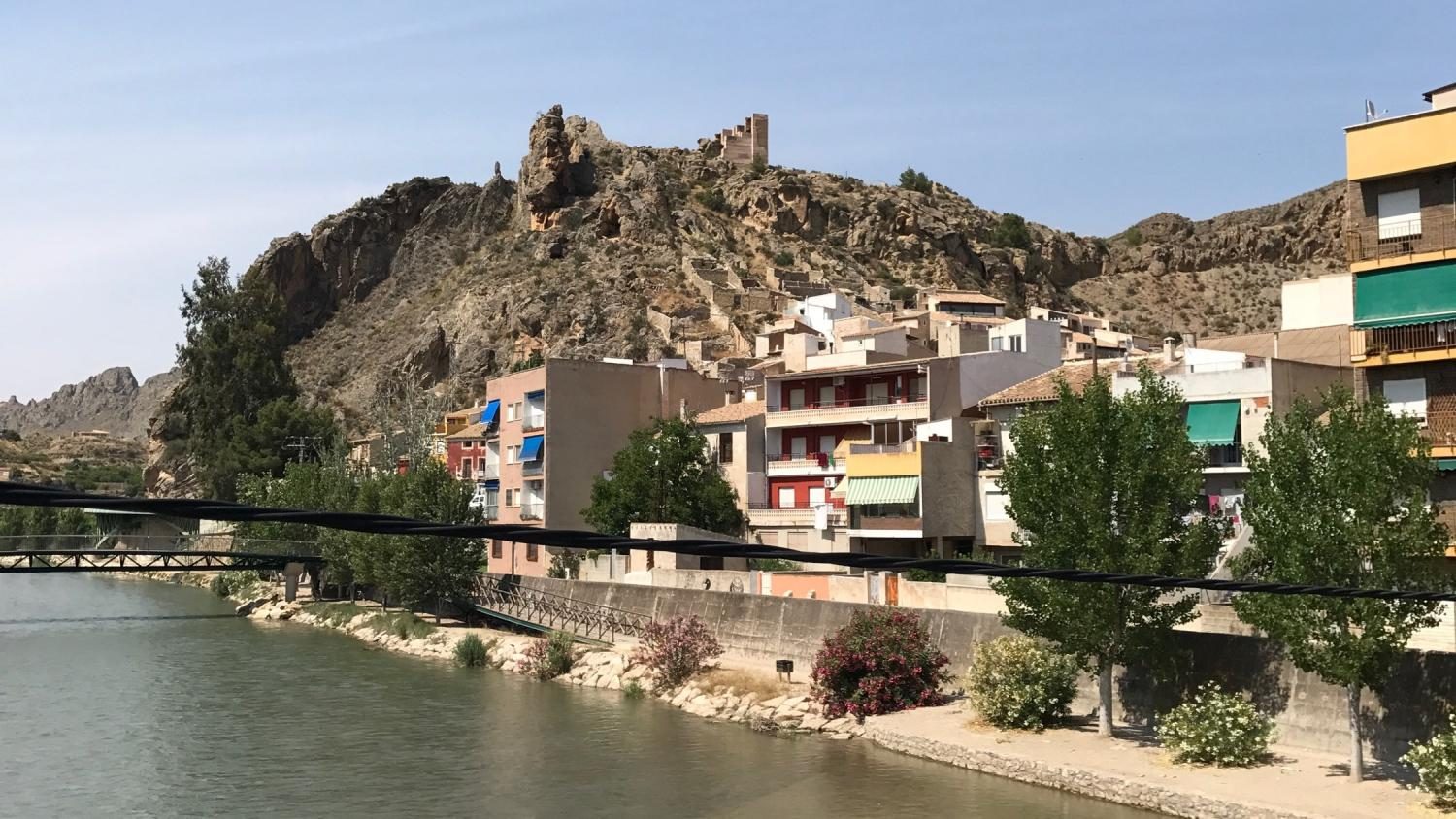Atracciones en Alicante: Mercy Spain trip 2017
On a hilltop in southeast Spain, el Castillo de Santa Bárbara overlooks the harbor city of Alicante. The castle has stood for centuries, withstanding occupation and conquerors, and still remains intact today. The structure has caught the eyes of countless travelers, including many Mercy students on the Spain trip this past summer. Mercy senior Sophie Lamphier, in particular, was struck by the magnificent fortress.
“The second day [of the trip], we climbed the castle,” said Lamphier. “It was so tiring, but so beautiful. It was right on the water. You could see the Mediterranean sea, and all [of] the city . . . It was one of the best experiences of my life, hands down,” Lamphier added, smiling. “I loved it.”
Over the summer, Lamphier explored Santa Bárbara and the rest of Alicante alongside eight Mercy girls and 24 University of Detroit Jesuit boys. In addition to the sight of Alicante’s castle, they were able to witness the city’s own week-long festival, a sight Lamphier admits was surprising in the best of ways.
“We knew the festival was going on, but I had no idea what it was. It’s a crazy experience.”
According to Lamphier, the sights were never ending. The parade continued through much of Mercy’s trip, extending from day to night all week long. Attractions included papier-mâché statues known as hogueras, meaning “bonfires”. They stood 3 to 4 stories high, towering over parade onlookers. On the last day of the festival, the hogueras were set aflame while fireworks shot off from the nearby castle.
“It’s super cool,” said Lamphier. “People work on them all year, and then they put them up every other block . . . These people light a fuse to the hogueras and all these fireworks explode . . . and it just catches on fire and it’s huge.”
In addition to allowing students to experience the wondrous sights of Alicante, the Mercy Spain trip was instrumental in advancing the studies of Spanish language students.
In order to immerse themselves in the language, Lamphier and three other girls stayed in the home of an older Spanish woman who did not speak English. To communicate, the girls found they often had to rely on each other to complete translations and form appropriate responses. They were able to learn not only from their host in Spain, but from each other.
“You can gain things by studying abroad that you would never gain in a classroom,” said Mercy Spanish teacher Mrs. Kelly Bickes. “These girls really have enjoyed their experiences with living with a family [and] attending their classes.”

